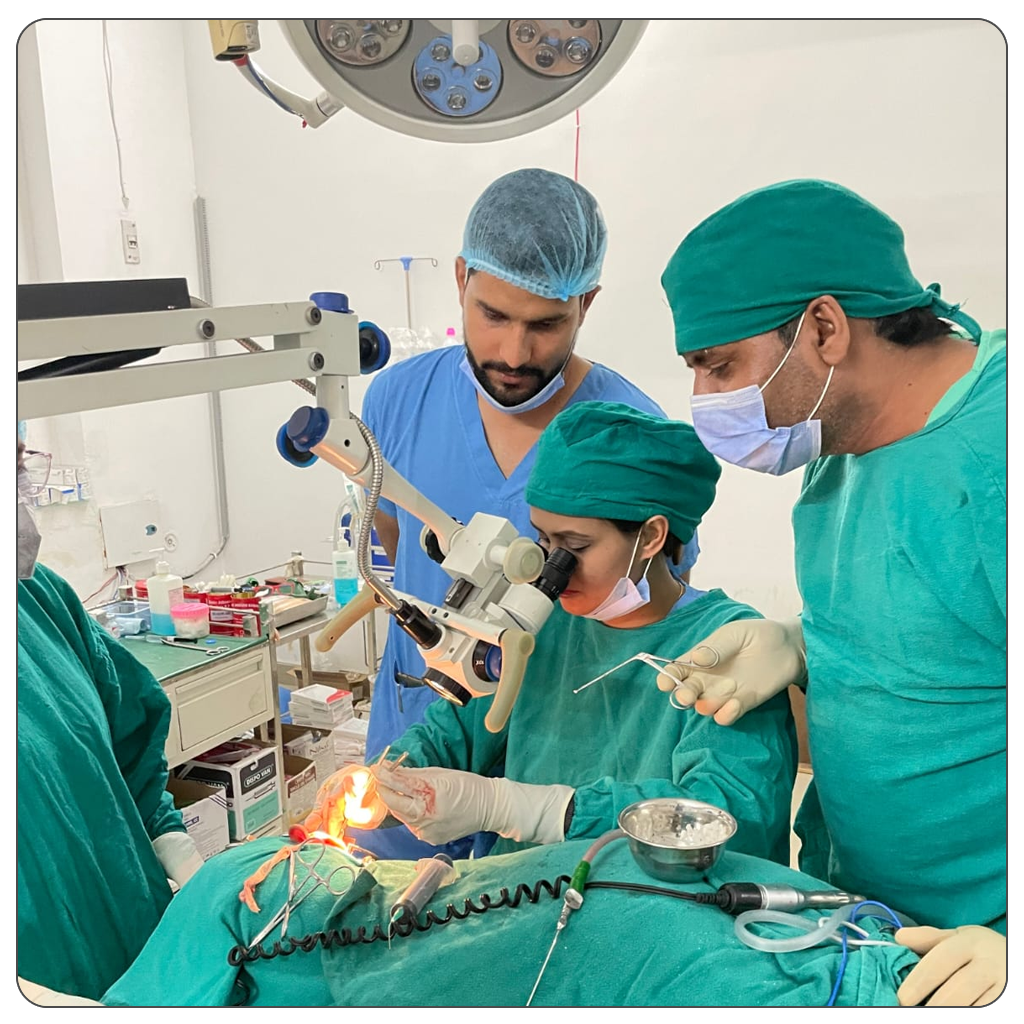Bell’s Palsy Symptoms and Treatment
Bell’s palsy is a condition that affects the facial nerve, causing temporary paralysis of the muscles on one side of the face. It usually occurs suddenly and can be a very distressing experience for those affected. In this article, we will discuss the symptoms and treatment options for Bell’s palsy.
Symptoms of Bell’s Palsy
The symptoms of Bell’s palsy can vary from person to person, but they generally involve weakness or paralysis of the muscles on one side of the face. Some of the most common symptoms include:
Facial droop – the muscles on one side of the face may droop or sag, giving the appearance of a lopsided smile or uneven eyebrows.
Difficulty closing one eye – people with Bell’s palsy may have difficulty blinking or closing one eye, which can lead to dryness, irritation, and even infections of the eye.
Changes in taste – some people with Bell’s palsy may experience a loss of taste or a change in the way food tastes.
Increased sensitivity to sound – some people may find that they are more sensitive to loud noises or experience a ringing in the ears.
Difficulty speaking or eating – people with Bell’s palsy may have difficulty speaking clearly or eating due to the weakness or paralysis of the facial muscles.
It is important to note that these symptoms can also be caused by other conditions, so it is important to seek medical advice if you are experiencing any of them.
Causes of Bell’s Palsy
The exact cause of Bell’s palsy is not known, but it is thought to be caused by inflammation or swelling of the facial nerve. Some of the factors that may contribute to this inflammation include:
Viral infections – Bell’s palsy has been linked to several viral infections, including the herpes simplex virus, which causes cold sores.
Autoimmune disorders – some researchers believe that Bell’s palsy may be caused by an autoimmune disorder, in which the body’s immune system mistakenly attacks the facial nerve.
Environmental factors – exposure to certain environmental factors, such as pollution or toxins, may also contribute to the development of Bell’s palsy.
Treatment for Bell’s Palsy
The treatment for Bell’s palsy depends on the severity of the symptoms and the underlying cause of the condition. In most cases, the symptoms of Bell’s palsy will improve on their own within a few weeks or months, and no treatment may be necessary. However, there are several treatments that can help to speed up the recovery process and reduce the severity of the symptoms.
Medications – antiviral medications, such as acyclovir, may be prescribed if Bell’s palsy is thought to be caused by a viral infection. Steroids, such as prednisone, may also be prescribed to reduce inflammation and swelling in the facial nerve.
Eye care – people with Bell’s palsy may need to take extra care of their eyes, as the inability to close one eye can lead to dryness, irritation, and infections. Eye drops or ointments may be prescribed to help lubricate the eye and prevent infections.
Physical therapy – facial exercises and massage can help to improve muscle strength and mobility in the affected area, which can help to speed up the recovery process.
Surgery – in rare cases, surgery may be necessary to repair damage to the facial nerve or to improve the appearance of the face.




















